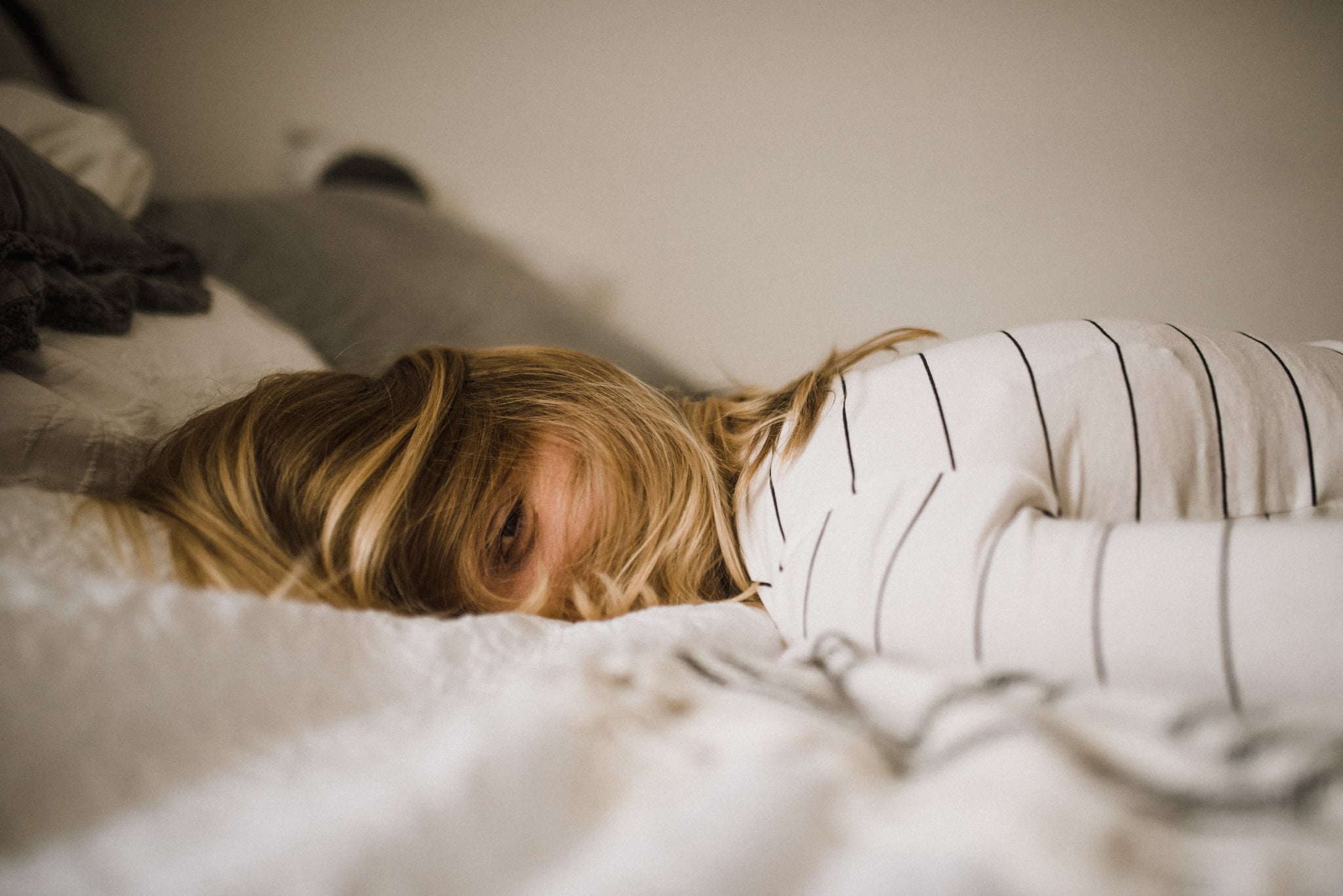
I was 12 years old the first time my heart started to beat so fast, I swore it was going to pop out of my chest and onto the carpeted floor of my science classroom, like the frog we’d attempted to dissect the week before. Anxiety has always been a part of my life, even when I didn’t have the words to describe it. When I lived on a busy street in Redwood City, CA, as a toddler, I raced through my house assuring someone (my parents? myself?), “It’s OK, it’s OK!” every time a motorcycle or ambulance roared past. It was cute then, but the hot flashes I began to experience in college, or the feeling I might pass out in the middle of the day in high school, were terrifying. Had I known these were all symptoms of my anxiety, I might not have felt as afraid when they struck.
Random waves of nausea and lightheadedness were particularly scary because I didn’t know why they were happening — and because I was anxious, I always assumed the worst. I didn’t just have first-date jitters; I was afraid I might actually puke on a date. And an elevated heart rate — something I started to experience much more frequently this year — led to countless, frantic Google searches.
I wish I knew anxiety wouldn’t always look the same, either, and that as I grew up, I would start experiencing new symptoms, like muscle tension and fatigue. In high school, I used my constant vigilance to my advantage and got things done quickly — but starting in college, the racing thoughts that once helped me finish tasks so efficiently sped by me before I could even begin to unscramble them. I started to feel ineffective and slow, overwhelmed by the constant dialogue in my head. Why were my thoughts moving so fast that I couldn’t understand them, and why was I no longer motivated to even begin parsing through them?
There have been days when I’ve been so paralyzed by the nervous energy coursing through me that I couldn’t bear to get out of bed.
There have been days when I’ve been so paralyzed by the nervous energy coursing through me that I couldn’t bear to get out of bed until late afternoon, when the urge to eat or use the bathroom became too strong to ignore. If only I had known how tired anxiety can make a person, I might have felt less guilty or surprised when the fatigue became so debilitating. Now when I have days like this, I understand that it will pass. I’m usually able to push past the feelings of exhaustion to make it to class or work, but when leaving the house on days off feels impossible, I try to give my body the rest it needs.
While these symptoms make my life harder, I know that my anxiety isn’t always a bad thing. It helps me empathize with others, and incredibly, having this high baseline level of worry makes the fear I feel in the face of an actual threat somehow feel more manageable. I can remain “calm” in situations that cause other people’s heart rates to skyrocket, though I’m a master at blowing things that aren’t emergencies way out of proportion. But if I could change anything about the past decade of my life, I’d want one of the doctors, therapists, or nurse practitioners I visited to take a moment to address some of the lesser-known symptoms of anxiety. Maybe I could have alleviated some of the them, or at least not been so alarmed when they reared their heads — because the last thing anyone with anxiety needs is another reason to worry.
